What to expect when a family member goes to prison
The first week
During the first week or two it is unlikely you will have much contact with your family member. This is unfortunately normal, as the prison takes time to get them set up in their systems.
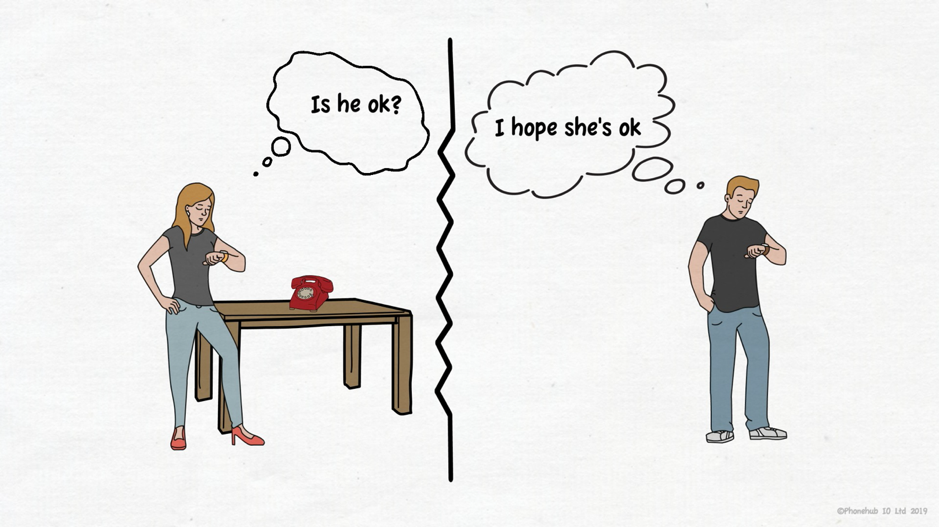
Most prisons will allow them one phone call on arrival, in which case you might hear from them within the first couple of days, but this depends on whether they can remember your phone number, as their mobile phone will have been taken away.
Even if you do get a call, your phone number is not yet officially approved. This can take one or two weeks to arrange, so don’t be surprised if you don’t hear from them for a while after the initial call.
Making contact
The most important information you need is their prison number. You might get this in a letter from the prison, from a social worker, solicitor, or the prisoner may let you know it by phone or letter.
It is always an A followed by four numbers and two letters e.g. A1234BC.
Keep this safe as you will need it for all communications. As soon as you have it you can start getting in contact with them.
If you do not know what prison they are in, you may wish to try the Prisoner Location Service at www.gov.uk/find-prisoner 🔗. Unfortunately this service can take up to 6 weeks to respond.
Once you have their prison number, the best place to get information about contacting them is on the justice.gov.uk 🔗 website. Click on Prison Finder and choose from the list. You will be able to find the address and phone number of the prison, as well as information on visiting prisoners and other helpful services.
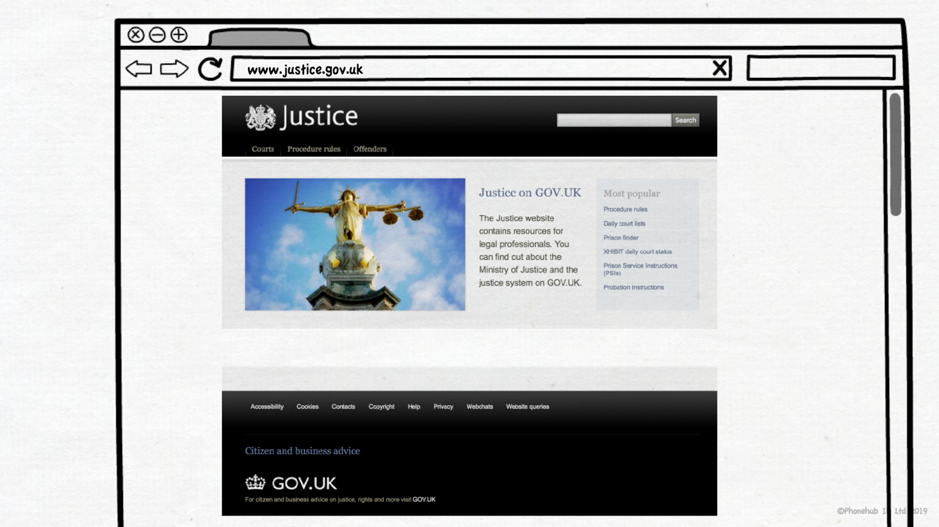
Sending money
Prisoners are limited in what they can spend each week depending on whether they are convicted or unconvicted, and their “incentives and earned privileges”, or I.E.P., level.
You can send money to your family member through the following website: www.gov.uk/send-prisoner-money 🔗.
You can also send money by cheque or postal order - payable to ‘NOMS Agency’. You should address your envelope to the governor of the prison and your letter should include your name and address, and the prisoner’s name and prison number.
Money you send will be transferred into their private account, and then once per week a proportion will be transferred over to their spending account. The maximum weekly transfer amount for new prisoners is £35 for remand and £10 for convicted.
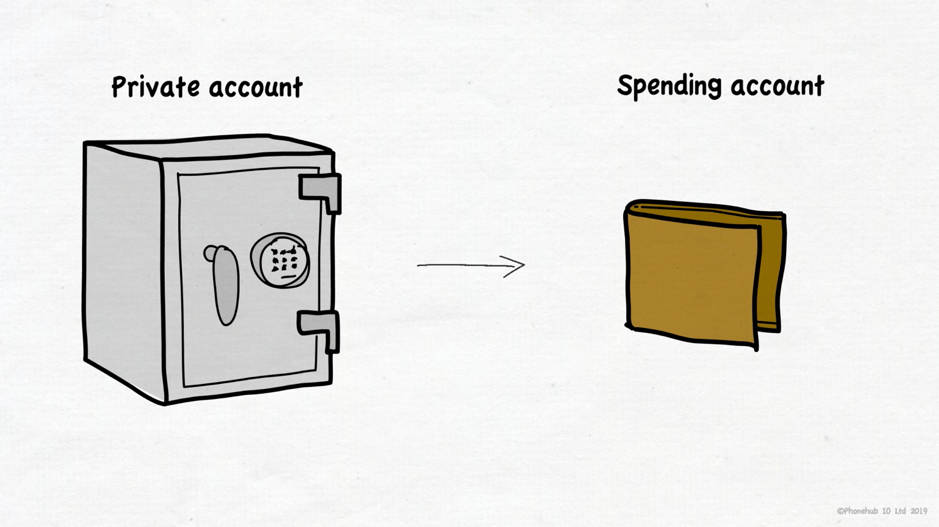
Writing
Once you have their prison number and the address of the prison, you can write to them to give them a list of phone numbers of family and friends they will want to call.
If you’re sending the information by letter, address the letter to the prison. Most prisons recommend you write the prisoner’s name and prison number on the envelope. Be aware that some letters are opened by staff to check for contraband.
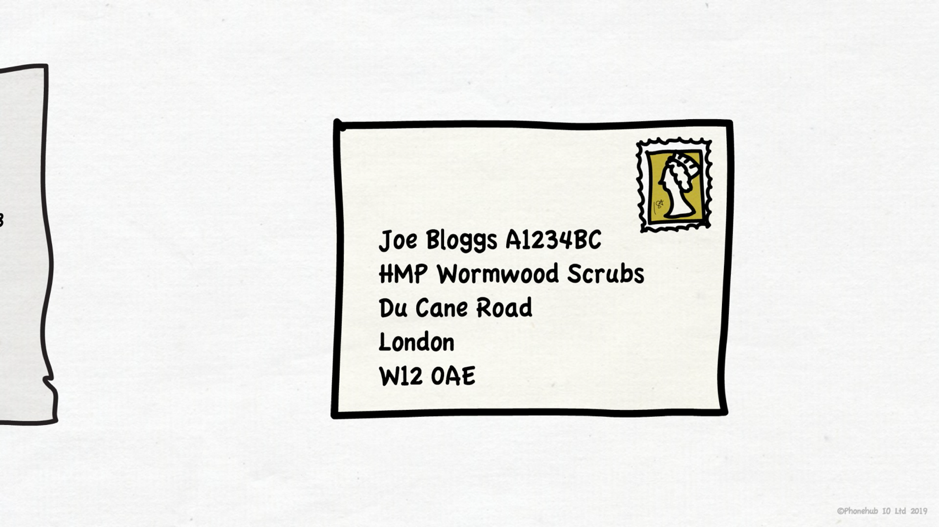
In most prisons you can also send them an email using the Email A Prisoner service. This is usually a bit quicker than sending a letter. Users sign up for an account and send emails through their website, emailaprisoner.com. Your email is then sent to the prison, who will print it out and will put it with the daily post deliveries.
Both letters and emails require staff to deliver them, so deliveries may not happen on weekends or public holidays.
Visits
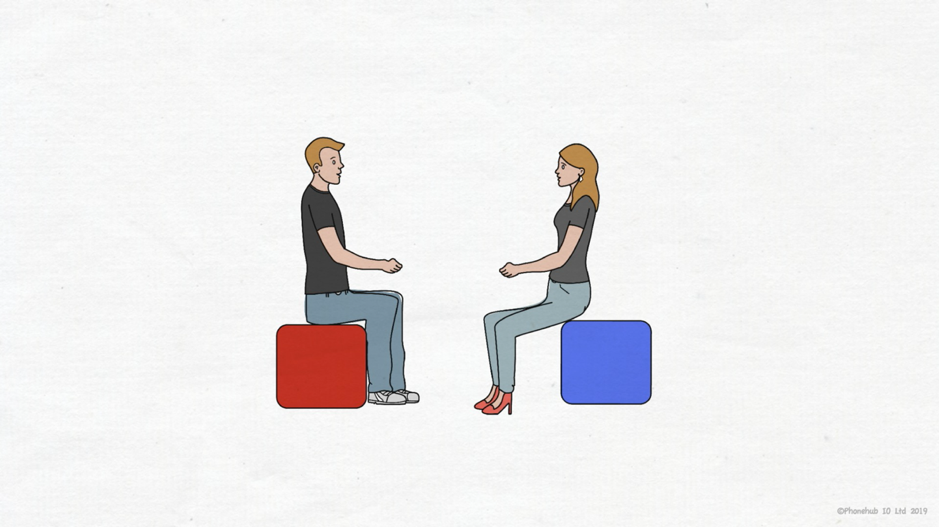
When the prisoner arrives at the prison, they will be asked to provide details of the people who can visit them, including their address and date of birth. They will have a set number of visits they are allowed each month, and all visits need to be booked in advance.
In some prisons they are allowed a reception, or induction, visit during their first week. This is a special visit that does not require the visitor to be listed and can be booked immediately by the family member.
The process for booking the reception visit varies by prison, so please look on the prison’s page on the Ministry of Justice website for details. Make sure you mention it is a reception visit when you book.
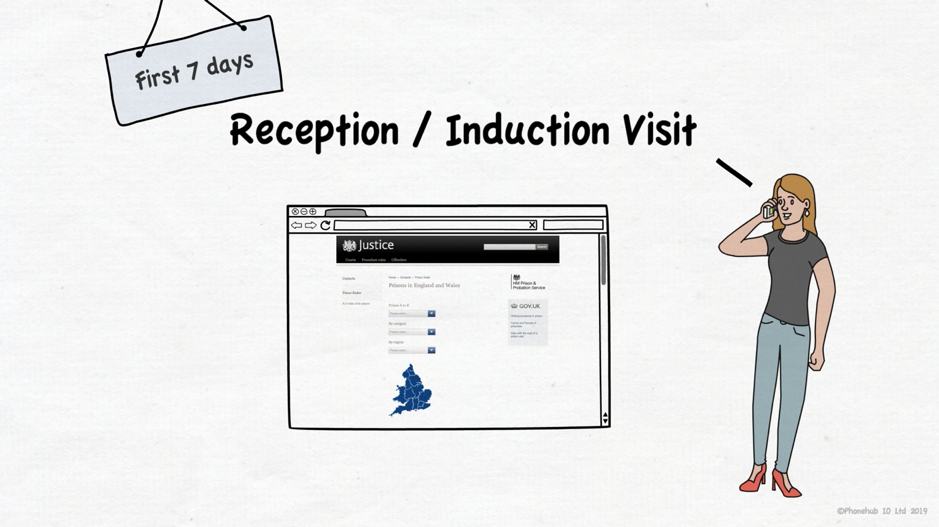
You can book subsequent visits at all public sector prisons on the prison visits website – www.prisonvisits.service.gov.uk 🔗. At most prisons you can also book by telephone or sometimes by email.
All visitors must bring identification with them. Make sure you check with the prison what their accepted forms of identification are.
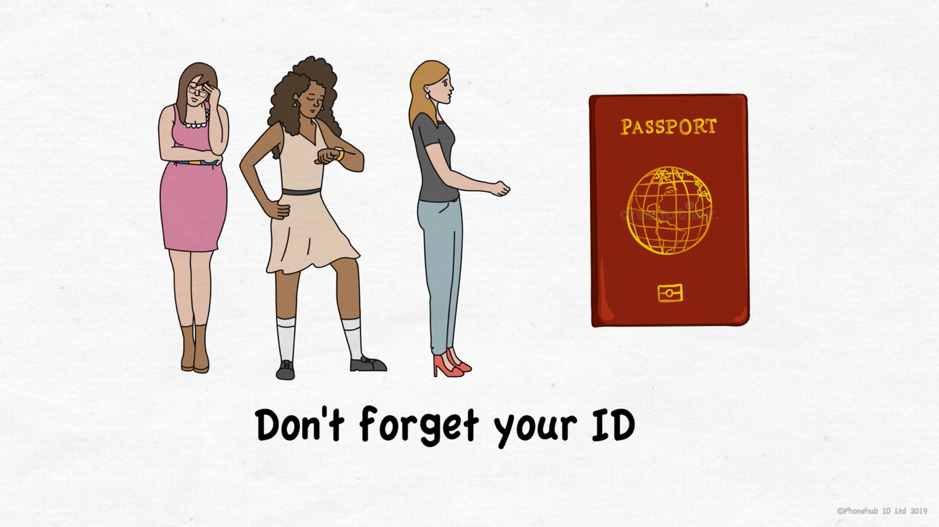
It’s important to note that most prisons have a strict dress code for visitors prohibiting certain items of clothing. Make sure you find out what it is in advance as you will be turned away if you are not dressed appropriately.
If you are a close relative or partner of the prisoner and are on a low income or benefits, you may be eligible for help with your travel costs from the Assisted Prison Visits Scheme. You can check eligibility and apply online on the following website: www.gov.uk/help-with-prison-visits 🔗.
Phone calls and voicemails
The phone system in most prisons is called the pin phone system. Although some prisons now have phones in each cell, most only have shared phones on each wing, meaning prisoners can only access them at certain times of day. In either case, it is not possible to call a prisoner - they can only make outbound calls to pre-approved numbers listed on the their “pin”.
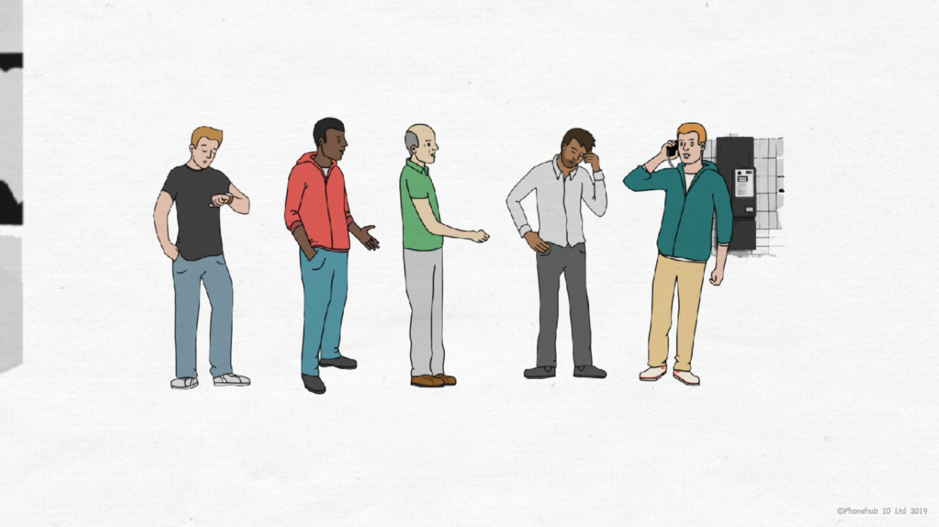
In order for a prisoner to be able to call someone, they first need to be set up on pin phone system and apply for each number to be added to their approved list.
Prison staff may try to call your number to check you are happy to receive their calls. Please keep an eye on your phone and make sure you answer as they will only try a few times.
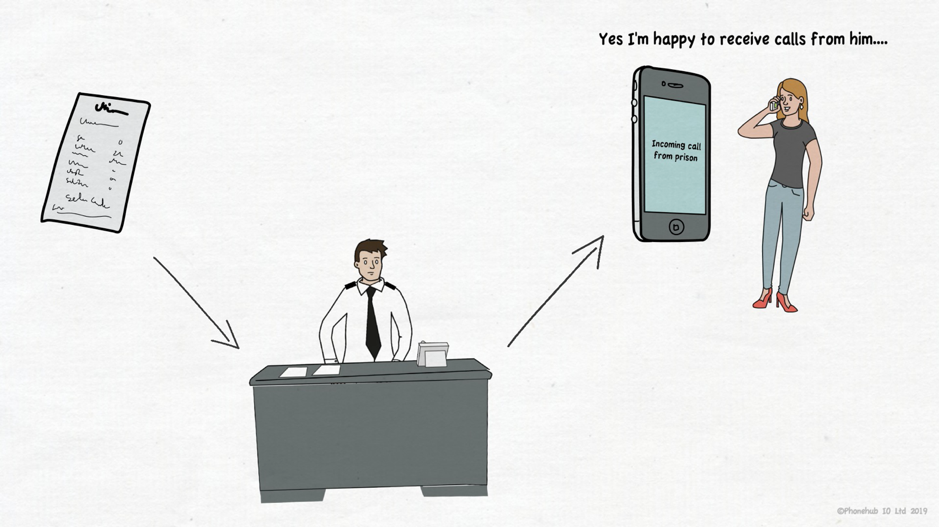
Once vetted, the prisoner will be able to call it as long as they have credit. They can choose to purchase phone credit once a week when they do their canteen sheet, usually on a Friday. This means if they don’t have any credit left, they will need to wait until the next canteen day to be able to buy more.
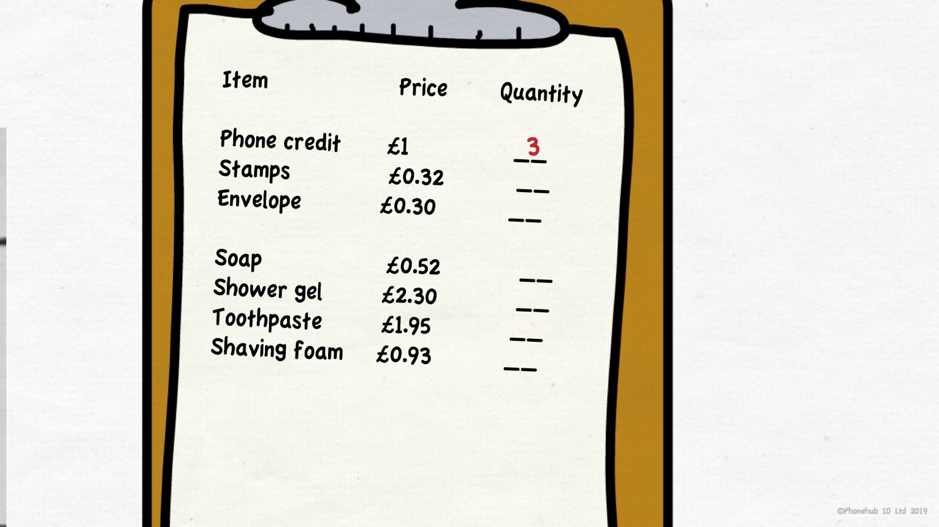
Calls cost the prisoner around 8p per minute to call a landline, 18p per minute to call a mobile, and 57p per minute to call internationally. Calls at weekends and for people under 18 are slightly cheaper.
Lots of families struggle with missing calls from the prison due to work or other obligations.
Luckily, in most prisons it is possible to leave voicemails for a prisoner, and receive replies, using the Prison Voicemail service. Once you’ve signed up for the service on the Prison Voicemail website, you can leave messages at any time using their app. The prisoner can listen and reply to your messages by calling the voicemail number whenever they get to a phone.
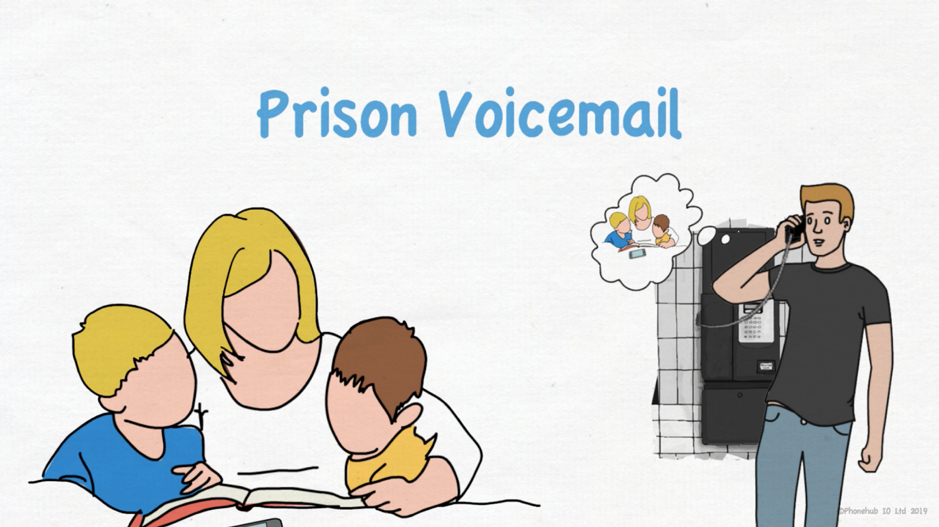
The service also includes Live Calls which means that when the prisoner is leaving messages, the app will alert you, and you have the option to join the call and speak directly. This gives them the best chance of having contact with you, and also saves their phone credit as instead of paying 18p a minute for a mobile call they’re just paying 8p a minute for a landline call.
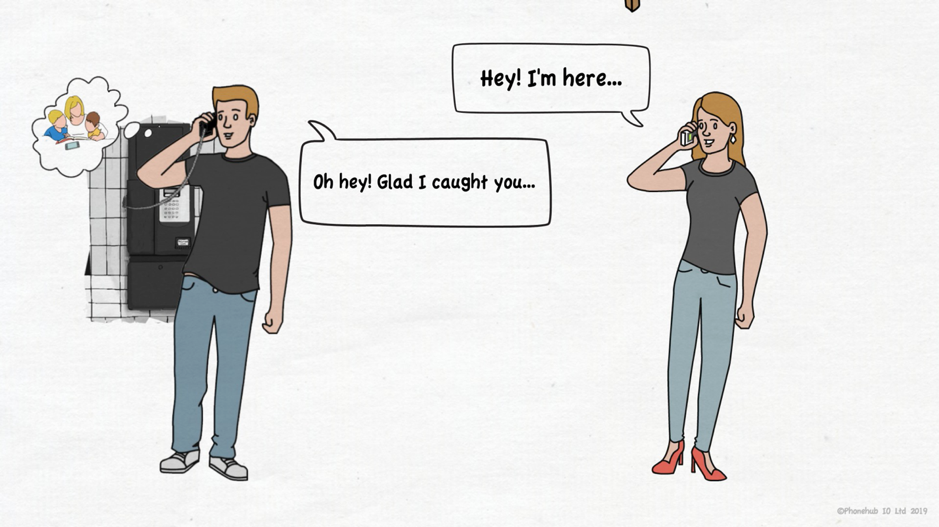
Prison Voicemail is especially good for people with family overseas, those with children, or those who aren’t able to answer their phone during the day. Find out more at www.prisonvoicemail.com 🔗.
Here’s a quick recap:
Try not to worry, you may not have much contact for the first couple of weeks.
As soon as you have their prisoner number, send them a letter with all the phone numbers they might need.
There’s lots of information available on the Ministry of Justice and gov.uk website including prison addresses. Book a reception visit if possible.
Make the best of a difficult situation with letters, emails, calls, and voicemails.
Remember – you’re not alone. Most prisons have children and family services who can provide support and information. All prisons also have a dedicated safer custody team and helpline to report any concerns you may have about your family member’s welfare. Call the prison directly to find out how to contact these services.
We hope this video has helped prepare you for what to expect when your loved one goes into custody. If you have further questions on any aspects of prison life, here are some useful phone numbers and websites.
